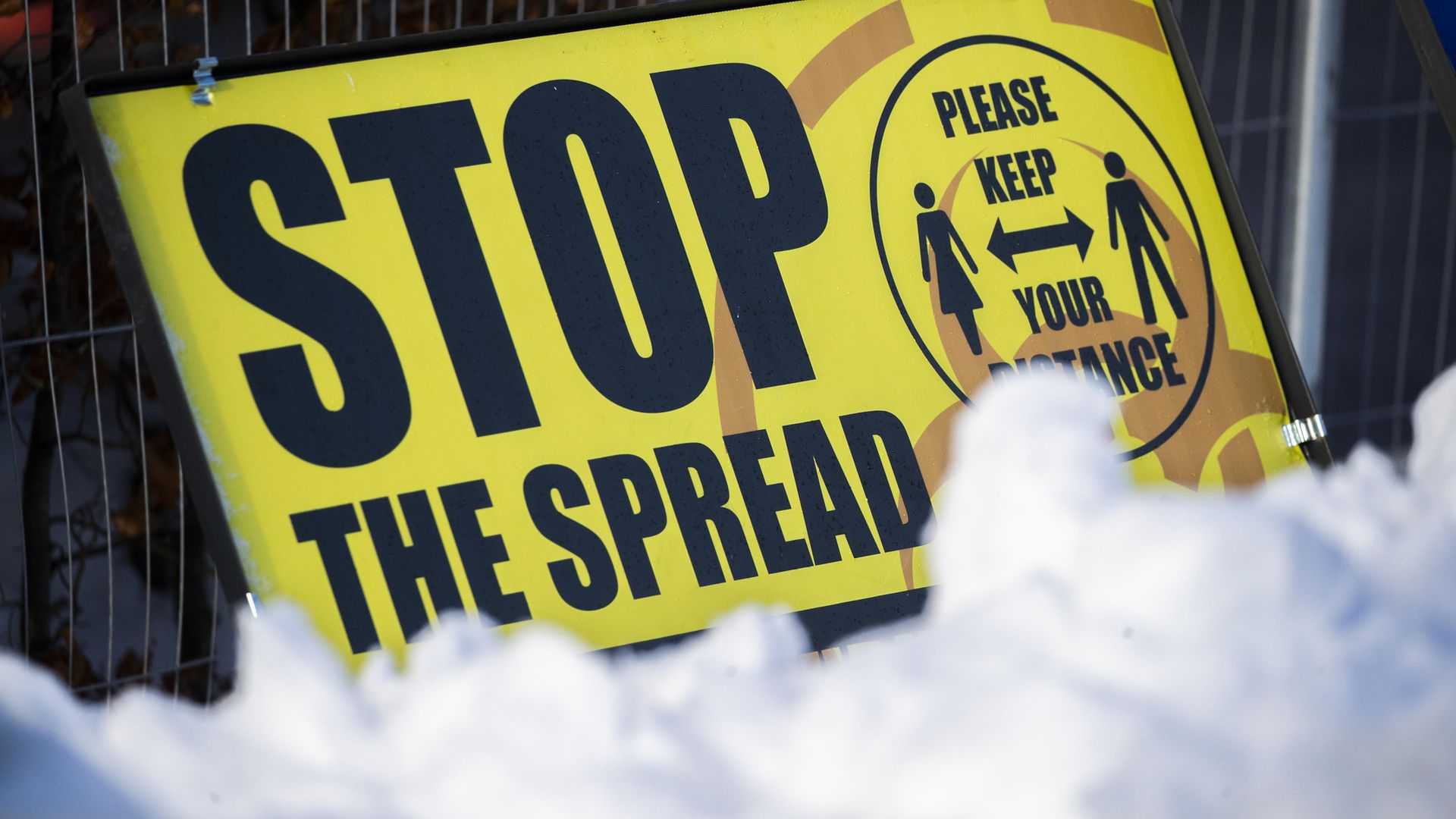
The UK should be “more or less free” of the coronavirus crisis by the end of the year, a leading epidemiologist has predicted.
Professor John Edmunds, a member of the government’s Scientific Advisory Group for Emergencies (Sage), said some measures would remain “probably forever”.
But he told ITV’s Peston: “I think we will be more or less free of this by the end of this year… say Christmas.”
His comments came as he warned against relaxing lockdown restrictions too quickly, and said there was a need to be “very cautious” about foreign travel.
“I think we do have to keep our borders pretty tight at the moment – nobody likes this,” he said.
“But we’ve identified these significant new variants that are out there and we need to be able to arm ourselves against them and we don’t have new vaccines that could potentially arm ourselves against these new variants yet.
“I know that companies are working very hard on developing new vaccines in order to protect against these potential new variants that might affect us so I do think we need to be very cautious at the moment about travel abroad.”
Boris Johnson said on Wednesday that people wanting to book a holiday would have to be “a little bit more patient” as it is “too early for people to be certain about what we will be able to do this summer”.
Prof Edmunds also said it would be “touch and go” whether the reproduction number, or R value, of coronavirus transmission would rise above one if schools reopen on March 8.
He told Peston: “We’re not absolutely certain, it looks as if it would be touch and go.
“If we opened up schools I think that the reproduction number would get close to one and possibly exceed one.
“If we opened them up completely, if we opened secondary schools and primary schools both at the same time, I suspect we’d be lucky to keep the reproduction number below one…
“I think we have to do everything very gradually and see how it goes.”
Prof Edmunds said it would be “very dangerous” to let the virus rip even after the most vulnerable have been vaccinated.
He also warned that a new coronavirus variant found in Bristol “may be able to reinfect people who have been previously infected or who have been previously vaccinated”.









